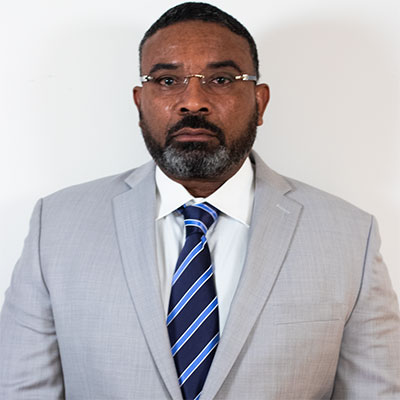By Adam B. Coleman
Everywhere you look, it’s portrayed that the only way to have commonalities with black Americans is to share their pigmentation. We are always told that we are different from everyone else, and we are unique in our pain.
With this acknowledgement, we will never be fully understood. Essentially, and consistently, it means we’re living on an island all by ourselves in America.
How we see ourselves matters in how we interact with other people. It can alter your perception as to who you should interact with, as well as who you should be skeptical of. This racial identity becomes our dividing line in the sand. We dare not to defy crossing that line unless we are willing to risk never being allowed back.
I would argue that in order to live your life in a Christian manner, you have to cross that line or even erase the line entirely. We are supposed to believe wholeheartedly that regardless of our outward appearance, we were all made in God’s likeness. Also, as Christians, we are all children of God.
However, the problem arises when we ignore our other brothers and sisters simply because they don’t look like us. Regardless of their skin color, they have the capacity to love like us.
I am weary of the ever-growing popular vision of black indeterminism. I am worried about how the media, political establishment, and corporations have encouraged us to focus on what is different rather than what we have in common with each other.
Our divisions as human beings always come at a cost to how principled we are as Christians. As we pay for our destructive mindset, the powers that be profit.
We have allowed ourselves to be corrupted morally in order to appear unique in the most unfortunate ways. God has given us all the strength to withstand strife, yet we defy our strength to remain as victims. We are fixated on the devils from the past without allowing us to see that God lives in the present. We are losing faith in God while increasingly embracing blackness as our new moral arbiter.
We snicker when we see whoredom, but we relax our demeanor when that whoredom is demonstrated with black skin. We have made morality subjective to the complexion of the committer. We make excuses when obvious sin arises in order to protect our new love for appearing perfect in our black identity.
The perfection we are attempting to manifest is a fallacy because there is no entity that is perfect other than God.
In the pursuit of perfection, many of us call ourselves ‘Kings’ and ‘Queens’. We do so to narcissistically project ourselves closer to a God-like status, without the God-like morals. We want the shine. We want the special treatment. We want the consistent acknowledgement and the constant protection. But I must ask, if we are special as black people, then are we saying that we are better than the rest of God’s children?
The majority of black Americans consider themselves Christians, but are we living our lives like Christians? Do we truly move around America, attempting to blind ourselves of color so we can see God’s love within each one of us? Are you a Christian first or are you black first?
It’s possible the reaction would be that they have no choice but to see themselves as black first because that’s how everyone else sees them, but that’s a horrible excuse. It matters not as to how immoral, hateful, and superficial people are when they visualize you. You are still supposed to love them back and put God first.
What happened to the love part of our faith? What happened to using our love to find greatness in all of us?
Our love for our pigmentation has led to us perverting our souls and ignoring how directionless our moral compass has become. So, I challenge you to answer this question authentically: Are you a Christian first or are you black first?
Subscribe to get early access to podcasts, events, and more!






